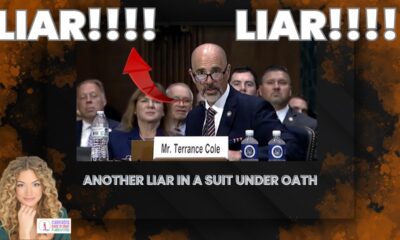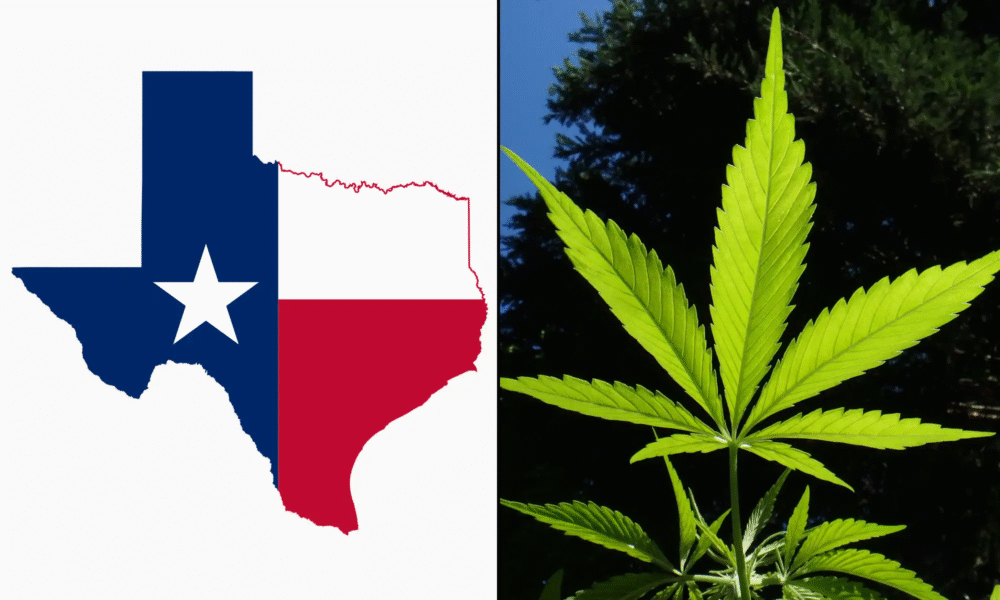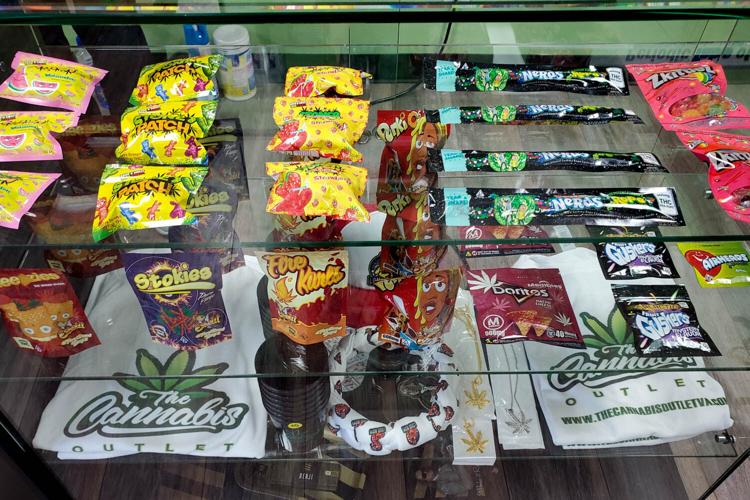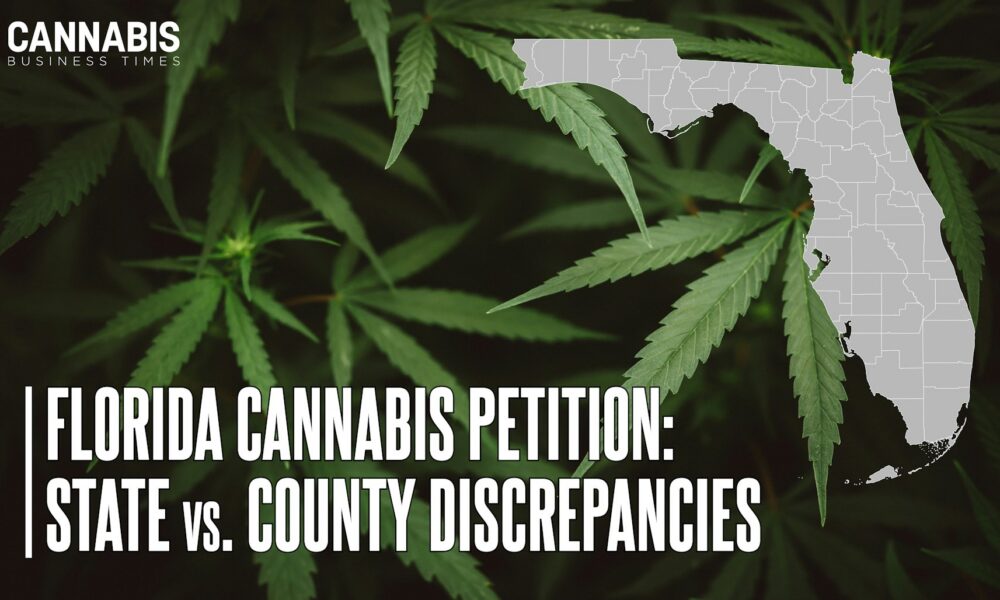adult use
Federal Appeals Court Rules Some Provisions of New York’s Social Equity Rules are Unconstitutional
-

 Cannabis News6 months ago
Cannabis News6 months ago“Our system can manage equipment across 10,000+ m² using just a few wires”
-

 Florida7 months ago
Florida7 months agoFlorida Workshop to Discuss What Constitutes a ‘Cartoon’ in Hemp Packaging
-

 Video5 months ago
Video5 months agoMazar-i-Sharif Hash Wednesday
-

 Video7 months ago
Video7 months agoRe-release of the full show of Cannabis Coast to Coast news. Republican Texas DA Fires Up vs. laws;
-

 Best Practices7 months ago
Best Practices7 months agoYour Cannabis Business: Consistent Filings Are Critical
-

 Video6 months ago
Video6 months agoDEA’s Cole Reverses His “priorities” ; Prohibitionists Dig In; Dead & Co Celebrates 60 years in SF
-

 Video7 months ago
Video7 months agoFrom Finance to Wellness: Brad Zerman’s Impactful Pivot
-

 Video6 months ago
Video6 months agoTexas DA Partakes on Tik Tok to prove a point; Boston Sheriff arrested for Extortion of $ w/ Ascend

















